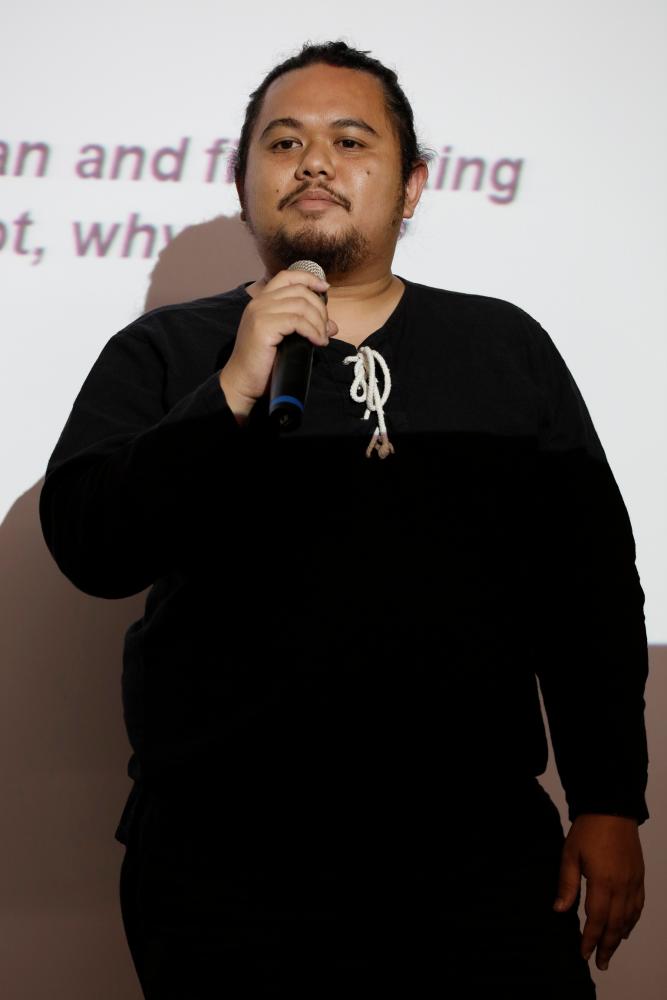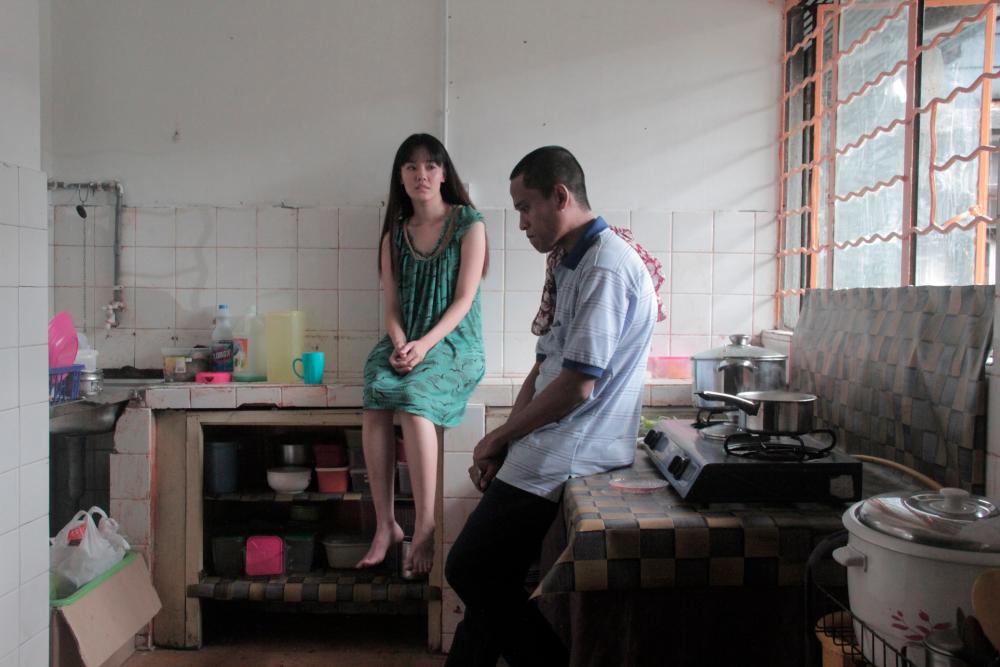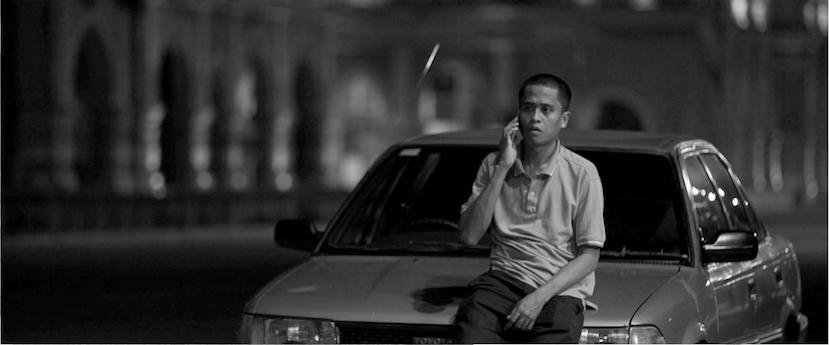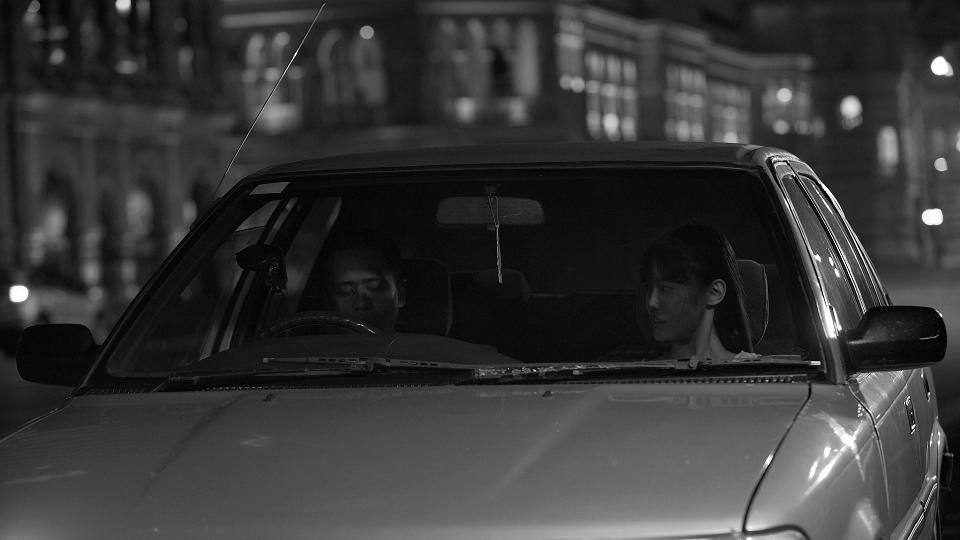THE upcoming Malaysian film Prebet Sapu highlights a love affair between a Malay man and a Chinese girl. “It took me three years to complete this film,” says 32-year-old first-time director Muzzamer Rahman, who also wrote and and co-produced the film.
Prebet Sapu almost never got off the ground. A few days into shooting, one of the film’s backers pulled out its resources from the project. “It was difficult to find funds for my project,” Muzzamer explains.
But he did not give up. After three years, he managed to find the funds he needed, and completed the film early this year.
Budgeted at RM500,000, Prebet Sapu will likely hit cinema screens at the end of the year. The story centres around Aman, who is unemployed and who becomes homeless. He is forced to sleep in his car.
He decides to join the e-hailing service industry. Unfortunately, he has to do it illegally since his hand-me-down car is too old to be officially registered. He soon strikes up a friendship with one of his regulars; Bella, a Chinese girl who works as an escort. She invites Aman to stay in an empty room in her house and he accepts.
Aman slowly develops feelings for Bella, but he soon learns that Bella is making plans to migrate to the United States. Will this love story have a happy ending?
Playing the lovebirds are Amerul Affendi and Lim Mei Fen. Some well-known names in the entertainment industry such as Bront Palarae, Sharifah Amani, Nam Ron and Nadiya Nisaa also make cameos in the film. The dialogue is in Malay, English and Hokkien.
Interestingly, Muzzamer shot the entire film in black-and-white. He has three reasons for doing so. The first reason is because his lead character is colourblind, and he wanted to show the world through his eyes.
He also wanted to show audiences an alternate view of the busy city we know as Kuala Lumpur.
His third reason was for practicality’s sake. He explains: “I had to borrow a camera to shoot the film. When the owner wanted the camera back, I returned it and borrowed another camera from another person. When one uses a different camera to shoot different scenes, the audience will notice some differences between the images. But if your film is in black-and-white, the differences are minimal.”
It is a trick he learnt from independent filmmakers in the Philippines.
Muzzamer does not shy away from addressing sensitive issues in the film. For example Bella, who is an ethnic Chinese-Malaysian, feels as though she does not belong in the country of her birth, and wants to migrate to a place where she will be more accepted.
“There are some Chinese who feel the way Bella does,” he says. “As a Malay, I wanted to understand them and not condemn them. I wanted to delve into the issues that make people like Bella feel alienated in the country they are born in.”
The director admits that the film’s story is close to his heart, as he himself is in an interracial relationship with his Catholic girlfriend, whom he is planning to marry next year.
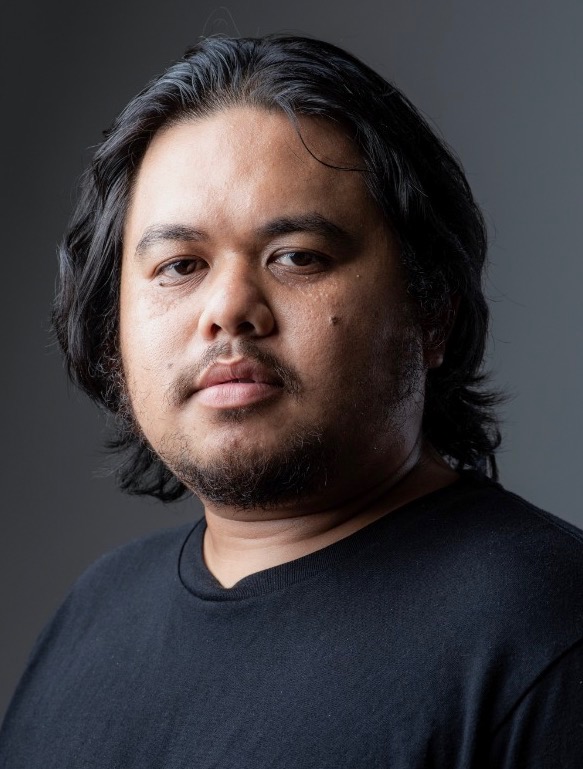
Funnily enough, he never dreamed of becoming a filmmaker.
“I wanted to be a writer,” says Muzzamer, who graduated with a diploma in writing from Universiti Teknologi MARA (UiTM).
His all-time favourite authors are Usman Awang and Haruki Murakami. He loves Usman in particular, because he had the ability to create poetic meaning from simple words.
“I always get the feeling of calmness whenever I read Murakami,” he adds.
During his studies at UiTM, there were a lot of film screenings and film discussions, and slowly he began to fall in love with film.
He started making short films, and to date, he has made more than 20. He was chosen to study short film courses in Philippines and Busan, South Korea. Later he took a degree in film.
Initially, his late father, who ran a food stall, was not too keen on him becoming a filmmaker.
He says: “My father said he had a relative who would help get me a government job.
“I do not blame my father for wanting me to give up my dream of becoming a filmmaker. If I have a son, I would not encourage him to become a filmmaker, either.
“To be a filmmaker in this country is not easy. You have to struggle a lot. My father did not want to see me struggle, and I do not want my own son to struggle.”
But Muzzamer could not run away from what his heart wanted to do. Eventually, his father provided him with some money to complete his short film project, which allowed him to get his film degree.
“I think, slowly, my father started to accept my ambition,” he says with a big smile.



